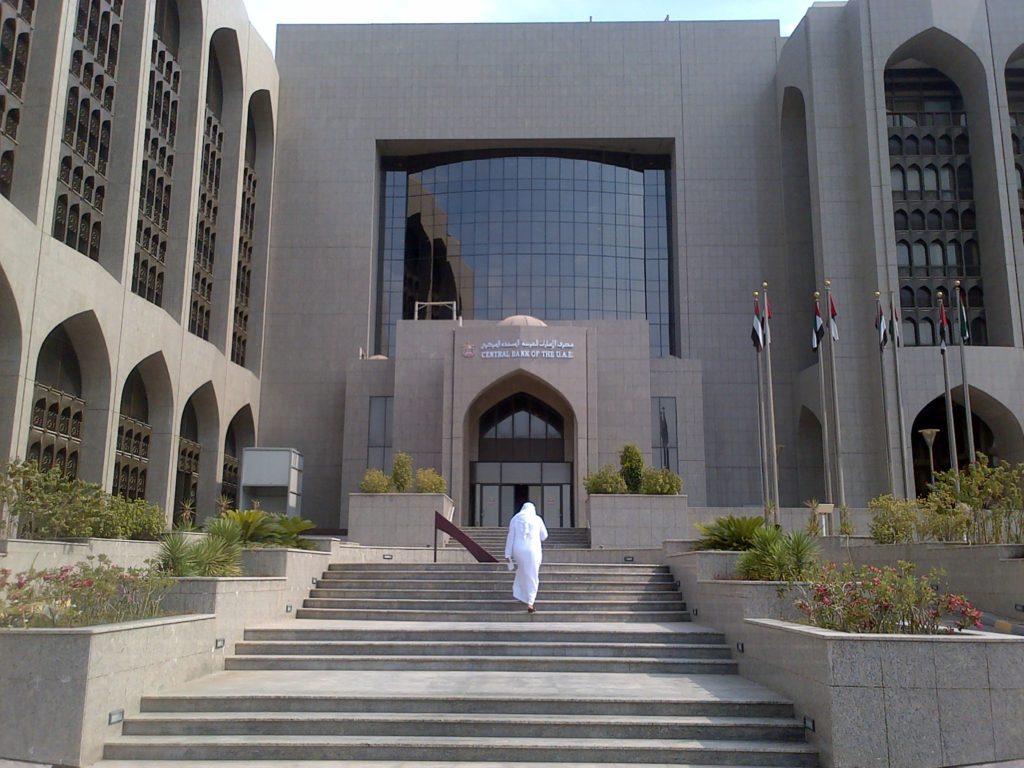UAE Central Bank says law amendments will narrow down criminalisation to serious fraud and ‘bad faith’ cases.
The UAE Central Bank said on Monday that new amendments will come into force in January, effectively decriminalising the issue of bounced cheques except for the most serious cases.
Abdullah bin Touq Al Marri, the UAE’s Minister of Economy, hailed the move saying that amendments that lift penal protection of the cheque are part of a series of efforts undertaken to accelerate economic recovery, particularly in the private sector.
The CBUAE announced in details carried by state news agency WAM that new amendments to the Commercial Transactions Law regarding decriminalisation of cheques will come into force on January 2 2022.
A previous amendment stipulated the drawer could be sentenced to a minimum cheque bounce fine of AED1,000, and at least one month of imprisonment depending on the cheque amount.
Khaled Mohamed Balama, governor of CBUAE, confirmed that the amendments are in line with plans to upgrade banking laws and regulations and “to fill any legal gaps and shortcomings”.
He added that they will assist in facilitating commercial and banking transactions, streamlining procedures for collecting the cheque’s value, and making the use of cheques more flexible.
He said that the new amendments will reduce the “negative aspects” of dealing with cheques and will strike a balance between the interests of the cheque beneficiary or bearer in fulfilling their rights as soon as possible, and the drawer’s interest in removing any criminal case filed for non-payment of the cheque.
Under these amendments, the scope for criminalisation of returned cheques due to insufficient funds has been narrowed, and confined to cases of bad faith and other cheque crimes such as fraud.
According to these amendments, partial payment of the cheque has also become mandatory. If the amount available for payment is less than the cheque value, the drawee bank must pay the amount partially unless the bearer rejects partial payment.
The Minister of Economy said that decriminalisation of issuance of cheques without funds is an “essential step in developing and enhancing the flexibility of legislation regulating economic, business, trade and investment activities in the UAE”.
Bin Touq (pictured above) added: “The decriminalisation of cheques issued without funds and confining criminalisation to cases of fraud, forgery and bad faith, while creating more efficient and effective legal mechanisms for collecting the cheque value, contributes to maintaining economic dynamism and diversity, the effectiveness of the judicial system and the efficiency of the commercial environment in the nation, by revitalising commercial dealings and protecting existing companies, especially start-ups and SMEs.”
Abdullah bin Sultan bin Awad Al Nuaimi, Minister of Justice, said criminalisation has been confined to cheque forging and their illegal use, deliberately writing or signing cheques in a way that render them unpayable.
“This will lead to increased confidence in cheques as a commercial document that ensures prompt payment of its values,” he added.
He noted that the amendments introduce a number of accessory penalties, including withdrawal of chequebook from the transgressor, denying them the right to receive new chequebooks for a maximum of five years, and suspending their professional or commercial activity.
(Except for the headline, this story has not been edited by The Finance World staff and is published from a syndicated feed.)


